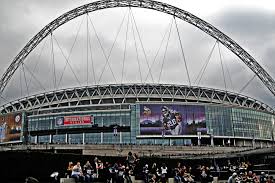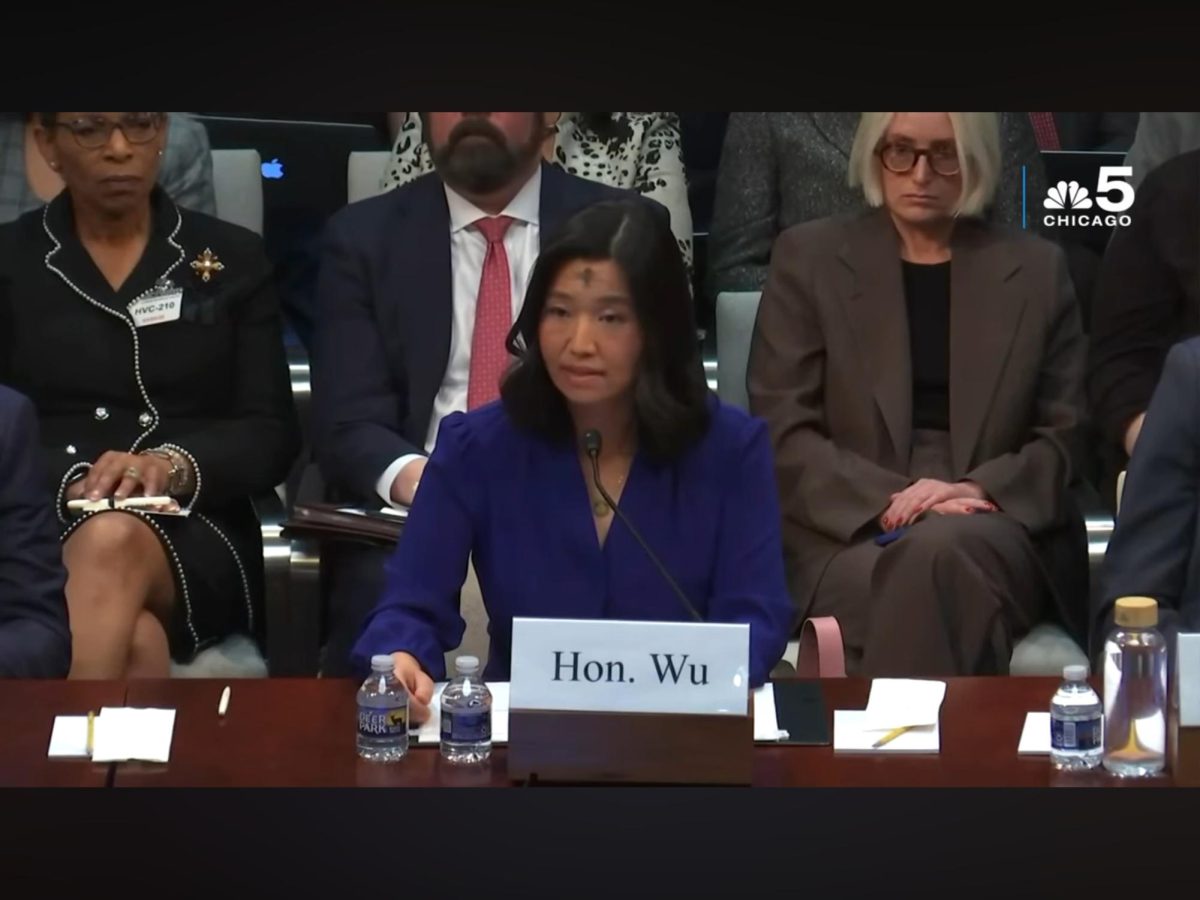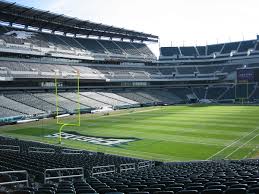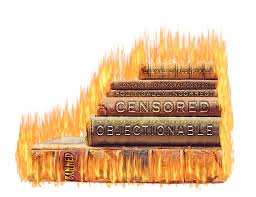
According to Freedom to Read, in 1983, Members of the Alabama State Textbook Committee challenged The Diary of Anne Frank because it was “a real downer.” This is offensive on multiple levels. The Diary of Anne Frank is extremely important to the education of World War II and the Holocaust because of the unique perspective it gives. To remove it from the school curriculum is getting rid of an important educational resource about the atrocities of the Holocaust.
The world has a very long record of burning, banning, and censoring books. Throughout history, the act is most common in places run by dictatorships or fascist governments. However, the act is becoming increasingly common throughout the United States of America, a democracy. This is not okay; book banning is both harmful to education and to the diversity of the country. Banning books should be seen as an act of censorship and a violation of the First Amendment.
Challenging a book is the attempt to ban or remove a book from a library, school district, institution, or government entity based on the content inside. A challenged book could become banned, or the community can overturn the challenge. In the United States, books are challenged and banned, most commonly on a local level.
Book banning affects many children across the United States. According to PEN America, from July 1, 2021, to March 31, 2022, banned books spanned across 86 school districts in 26 different states. That is 2,899 other schools with 2 million students enrolled in them.
There are many reasons that books get challenged or banned. Reasons have changed over the years. However, a common theme is that the book contains controversial content.
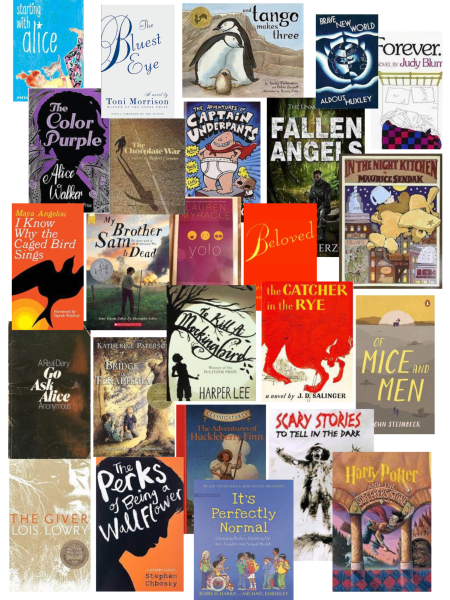
According to PEN America, between July 1, 2021, and March 31, 2022, 1,145 unique titles were banned across the United States. Of those titles, 379 were banned because they contained LGBTQ+ content, 467 of them were banned because they had a protagonist of color, 354 dealt with human rights, racism, and activism, and 285 of them were banned because they dealt with topics related to health and sexual content.
All of these topics are widely debated currently in the United States on both a local and federal level.
However, controversy should not be a reason for a book to be taken away from young readers. The United States of America is a democracy that preaches freedom of speech. That is not possible, however, if books that contain any controversy are removed. That is a form of censorship, silencing the words of the authors of said books.
People in favor of banning books typically say that, for numerous reasons, the book in question is inappropriate for the group it would be exposed to, typically adolescents. They claim that they are protecting them by not exposing them to the content inside. While in some cases, books are not meant for children to read, those books are not the ones being banned from school libraries. Oftentimes, “protecting” children from information is just stunting their education and exposure to the world.
This notion is also harmful because many books are banned because they are vocal about the lives of marginalized communities in the United States. Banning those books implies there is something wrong or inappropriate about the group of people it is concerning. This could potentially lead to members of the community feeling that they aren’t accepted in their homes or that there is something inherently wrong with them for reasons they can’t control, like their race, ethnicity, or sexuality.
If you want to prevent book banning in your local community, be vocal about it. Talk to your local school district and library about book banning and possibly even proposing they add banned books onto shelves. Additionally, people should be reading banned books to expose themselves to the content inside. This will help them stay informed and educated on why books are being banned.






